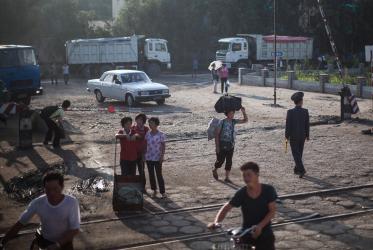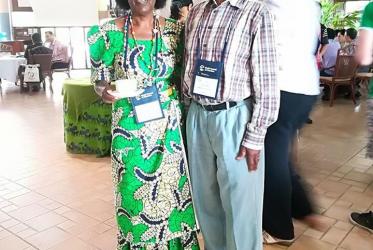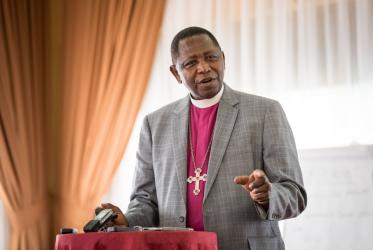Displaying 1 - 20 of 40
Knowledge of gender roles deepens in Togo
03 June 2019
Faith and HIV treatment go hand in hand
06 March 2019
Paving the way for ecumenical studies, learning English in Bossey
24 September 2018
Congolese churches respond to Ebola outbreak
01 June 2018
“Facing the storm of HIV, we can move together, be agents of change”
06 September 2017
École GEM: comment concilier théologie et économie
05 September 2017
“It’s time to be brave, to form diverse partnerships”
02 March 2017












